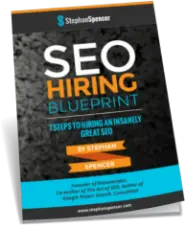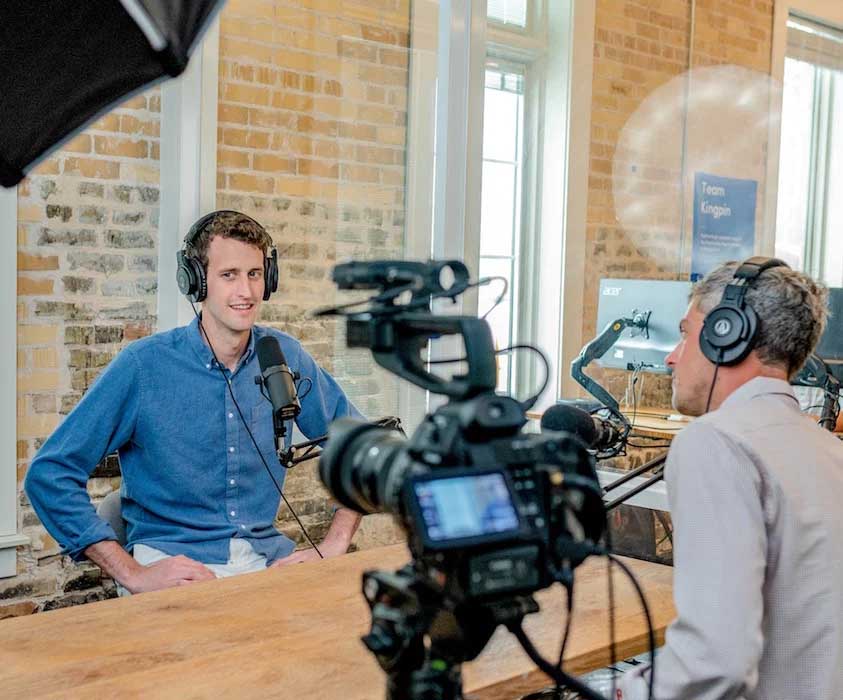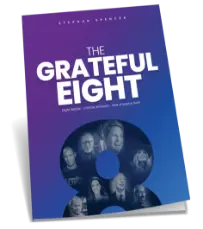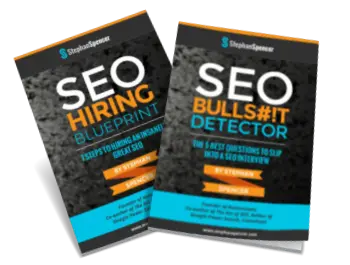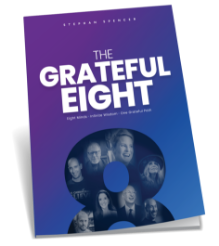You’ve probably heard it before, that the vast majority of the jobs that our children will hold when they grow up haven’t been invented yet. But what you may not have heard yet are some example future job functions being postulated.
According to the Office of the Future: 2020 report, these new roles will include:
- Virtual Meetings Organizer
who will help employees schedule conferences and set up the required cameras, projection systems, electronic whiteboards, meeting software, audio equipment and related tools - Contract Resource Coordinator
who will bring together the right contract workers for a given project, like a movie producer assembling a cast, camera crew and production team - Information Integrator/Abstractor
who will collect, compile, and index text, data and images so this content can be searched in a variety of ways
It was this last role that most intrigued me, since I am a search geek after all! I just imagine a scene from The Minority Report where the Information Integrator waves his/her hands in the air purposefully and talks to a computer while within a virtual world of information projected onto the back of his/her retinas. In this world he/she categorizes schemas for datasets, slices and dices incoming datastreams into more manageable segments, gives directions to an AI to do further categorization on its own, and so on.
As a business blogger, I also got to thinking that the business blogger of today is the predecessor to the “Information Integrator/Abstractor” of the future.
Think about this, what does a business blogger do but the following:
- identify a wide variety of trusted sources of novel and important news and commentary
- take in an overwhelming amount of information from these sources
- ruminate on this information, analyzing and making a judgment call on its value and relevance to his/her constituents
- cull, aggregate, categorize, prioritize, and comment on the information collected, in an effort to make it more relevant, timely, useful, and actionable
- republish it in a format that can be easily disseminated and further analyzed / commented on by others of his/her kind in disparate parts of the world
Sounds like a plausible job description for an Information Integrator/Abstractor of the Year 2020!
